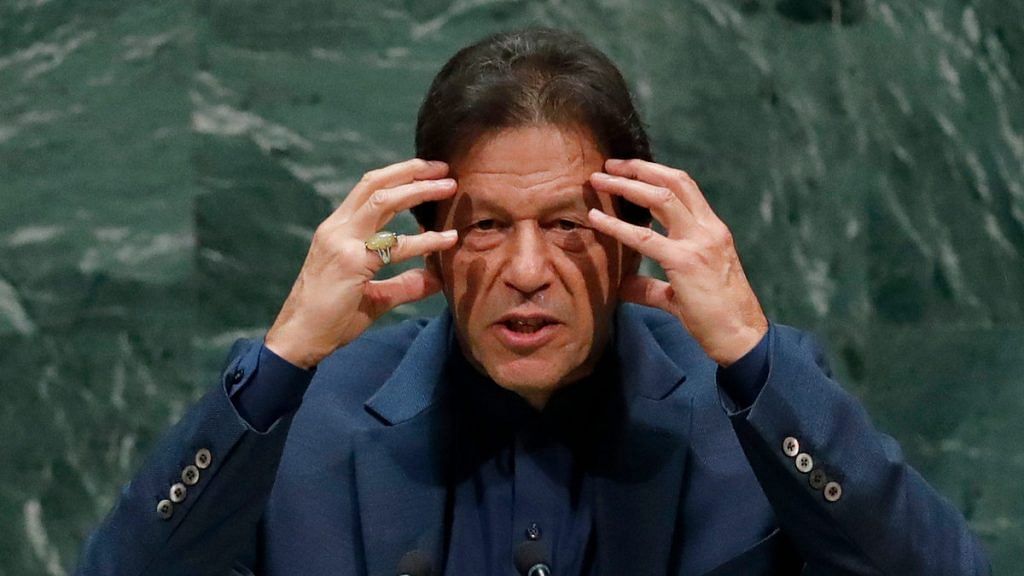New Delhi: Pakistan has once again managed to save itself from being blacklisted by the Paris-based Financial Action Task Force (FATF), but it will continue to remain in the ‘grey list’ for not being able to take effective measures against money laundering and terror financing, until at least June 2020 when the next plenary will be held.
At the end of the five-day plenary of the FATF Friday, the 39-member intergovernmental body came out with its final assessment, finding that Pakistan still lacks effective measures in controlling terror-financing and money-laundering, which falls under the category of anti-money laundering and countering the financing of terrorism, known as AML/CFT violation according to FATF terminology.
Pakistan was evaluated on 27 actions points by the FATF. Here’s how it fared:
1. Pakistan has been able to implement 14 parameters fully.
2. On 11 parameters, it was found to be partially compliant.
3. On the remaining two parameters, it was not compliant at all.
Some of the broad parameters on which Pakistan has failed to achieve the compliance targets are:
a) Anti-money laundering and financing of terrorism.
b) Prosecuting and penalising terror financing.
c) Transparency and secrecy in financial institutions.
d) Implementing an effective national mechanism to check the illegal funding of terrorist outfits.
Also read: As FATF meets, big irregularities found at Pakistan’s top bank after US sanctions
What is FATF?
Established in 1989 by the G7 group of countries, the FATF is an inter-governmental body that sets standards for implementing regulatory, legal and operational measures that will combat money laundering and terrorist financing activities.
The FATF is funded by its 36 member countries and two regional organisations, the Gulf Cooperation Council and the European Commission.
The 40 standards
The FATF’s famous 40 standards were developed in 1990, and have been revised periodically since 1996, the most recent revision being in October 2018. These include:
1. Highlighting the need to enhance transparency by making the beneficial ownership information of legal persons and arrangements accessible. (For India, this has implications for curbing tax evasion and black money.)
2. Listing out the powers and responsibilities of competent authorities like regulators, supervisors and law enforcement agencies. (In India, this requires strengthening regulatory agencies like the securities and banking regulators SEBI and RBI, as well as investigative agencies like the CBI, and judges.)
3. Calling on countries to take immediate steps to ratify and fully implement extant global and regional conventions (like the Vienna Convention), and conventions undergoing negotiations with respect to corruption and money laundering, terrorist financing and cybercrimes.
Also read: Pakistan should be blacklisted by FATF, isolated diplomatically: CDS Gen Bipin Rawat
